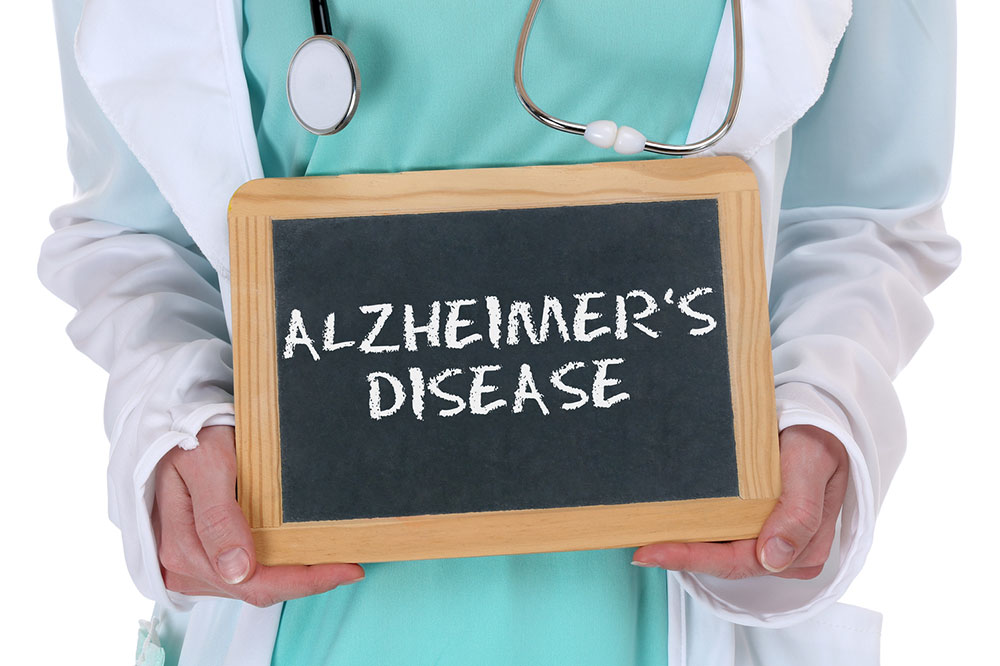Recognizing Advanced Parkinson’s Disease: Key Symptoms and Changes
This article highlights the key signs and symptoms associated with advanced Parkinson’s disease. It discusses early indicators like tremors and rigidity, progressing to cognitive, emotional, and physical changes such as swallowing difficulties, sleep issues, and urinary problems. Understanding these symptoms can aid in early detection and management, improving patient quality of life. The piece underscores treatment options like dopamine therapy and the importance of supportive care as the disease advances, emphasizing the need for ongoing medical supervision.

Recognizing Advanced Parkinson’s Disease: Key Symptoms and Changes
Parkinson’s disease primarily causes slow movement or hypokinesia, with its exact cause still unknown and no definitive cure. The primary reason for symptom development is the death of brain neurons and a dopamine deficiency. Genetics play a minor role unless multiple family members are affected. Age is the most significant risk factor, especially for those over 60. As the disease progresses slowly, dopamine replacement therapy remains the main treatment to manage symptoms.
The earliest signs are subtle and often overlooked. These include resting tremors, slowness of movement (bradykinesia), muscle stiffness, balance and posture issues, decreased automatic movements, speech alterations such as reduced volume, and handwriting that becomes small and crowded. As the condition advances, symptoms worsen and new challenges emerge, some of which are potentially treatable.
Cognitive and emotional impact Neurodegeneration may cause cognitive decline, confusion, and dementia, often unresponsive to treatment. Emotional fluctuations, fear, and motivation loss are common, requiring tailored support and therapy.
Physical and daily living changes Swallowing difficulties develop over time, leading to prolonged meals and a switch to liquid foods. Drooling may occur due to saliva build-up, necessitating protective clothing like bibs. Sleep disturbances, such as frequent nocturnal awakenings and daytime fatigue, are prevalent. Urinary problems, including difficulty urinating and incontinence, also emerge. Other issues encompass chronic constipation, dizziness from blood pressure drops, loss of smell, persistent fatigue, erectile dysfunction, and systemic body discomfort.
Note:
Our blog offers helpful insights across various health topics, based on thorough research. However, the information should not replace professional medical advice. We disclaim responsibility for discrepancies or inaccuracies and acknowledge that additional treatment options may exist beyond what is covered here.










